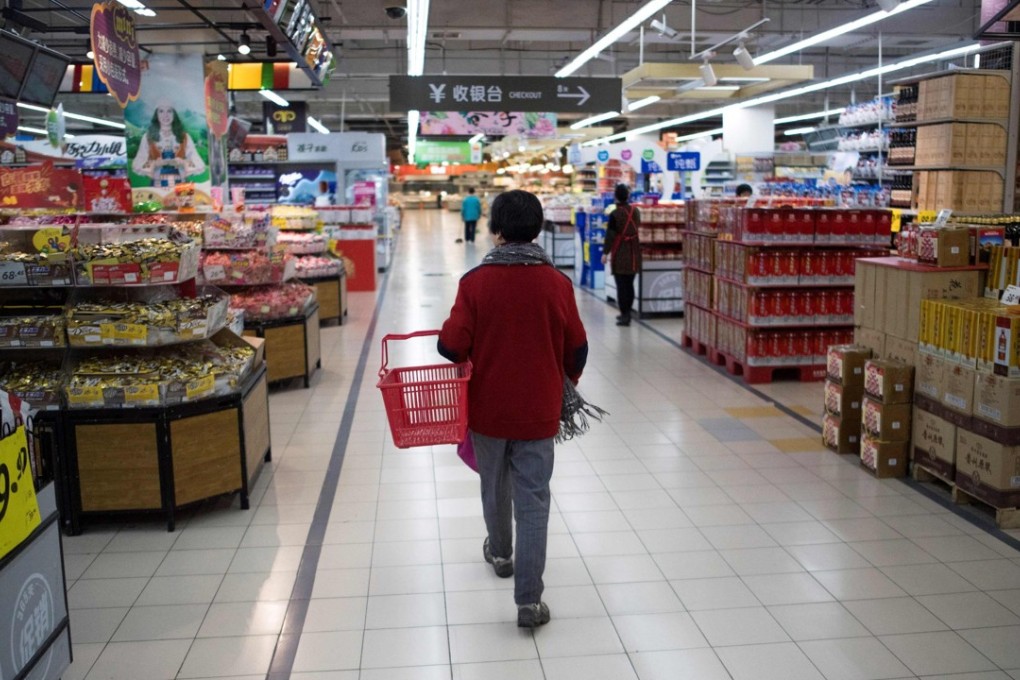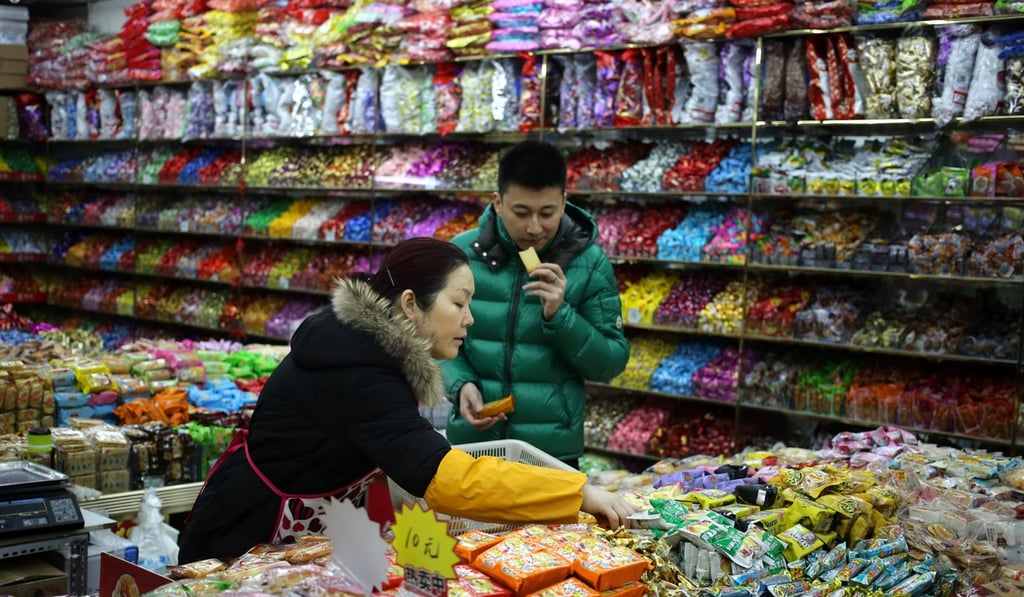Update | Good times may be over for overseas shopping agents as China cuts import tariffs
Move will mean lower prices for foreign goods such as food, pharmaceuticals and clothing, amid complaints from other nations about trade barriers

As China unleashed a new round of import tariff cuts on 187 goods to encourage consumer spending, analysts say the once flourishing overseas shopping agents, or daigou, could start to feel the pinch.
The finance ministry’s announcement came just ahead of US Black Friday and Cyber Monday sales, a peak season for daigou, who resell items they buy abroad to consumers in China, undercutting conventional importers who are subject to full tariffs on their products.
Goods benefiting from Friday’s import tax cuts, which take effect next month, range from food, health supplements, pharmaceuticals and clothing to recreational products, with taxes slashed to an average rate of 7.7 per cent from 17.3 per cent.
Tariffs on some special infant milk formulas – a product highly sought after by mainland Chinese following the death of young children in a tainted milk scandal in 2008 – have been cut to zero, from 20 per cent. But standard infant milk formula is not included in the tax cut.
